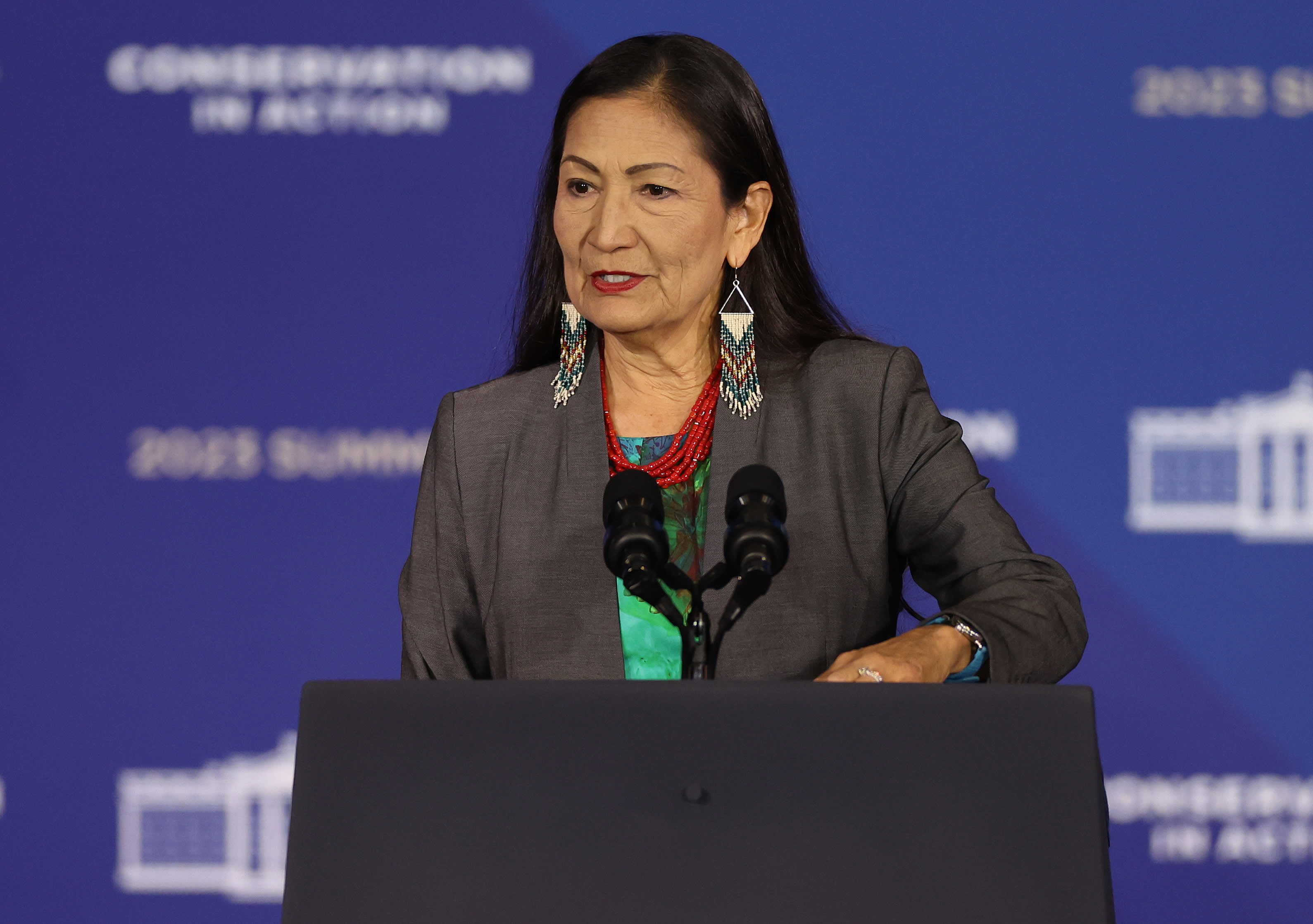Scratch the surface of most politicians, and you’ll find one of two types: those who will say what they think you believe, and those who say only those things they believe themselves.
Of course, finding the second type is much harder than finding the first. There’s good reason for that: politicians, by nature, are in the people-pleasing business. Gaining votes is about making people believe you’re going to do what they want you to do—whatever it is. All too often, that means your average politician is going to carefully calibrate what he or she thinks voters want to hear, and then strive to give it back to them as closely as possible.
In an election season, the easiest way to do this is for a candidate to offer a platform of ideas that lets voters know clearly where they’ve landed on a given issue. That way, a voter can look at an issue such as, say, taxes or education, and decide if Candidate X is right for them.
Judging from the latest installment of “Conversations with Karen,” Chicago Teachers Union president and potential mayoral candidate Karen Lewis wants nothing to do with that. Speaking in Uptown to a committed group of neighborhood residents, activists and political types, Lewis laid out a vision of a political process borne less out of poll-tested ideas and positions and more a rebuilding of a broken political infrastructure based on the widest possible levels of participatory democracy.
Throughout the event, which was organized by 46th Ward aldermanic candidate Denise Davis and held at the Clarendon Park Community Center, attendee after attendee asked Lewis where she stood on various citywide and neighborhood issues. And, time and time again, the answer came back the same. It doesn't matter as much as what I want, Lewis said. It matters much more what those affected by the issue want. And her job, as she saw it should she decide to run, was to find out what people needed and craft necessary policy around those needs.
Local
“I’m looking to jumpstart an entire new political movement,” she told the crowd of around 100 people. “I’m very interested in surrounding myself with people who are looking for critical, creative innovative ways to solve problems. [Then], I’m relying on people like you to take over the reigns. That’s what has to happen [for political change to come to Chicago].”
The Uptown event was just one a series of “Conversations” Lewis is holding across the city as she continues to weigh her options on whether or not to run for mayor. But judging from her remarks Tuesday night, she’s not approaching the question from the traditional standpoint of raw political calculus, or whether she can craft a platform designed to win.
Instead, Lewis sees the path to political change in Chicago laid at the very feet of the voters she would hope to woo as a candidate.
“People are talking about what bad shape Chicago is in—financially, public safety-wise, public education-wise,” she said. “So the question is: What is our responsibility as residents of this city? Participatory democracy requires work. This is not about one single election. This is about building a political infrastructure that resembles everyone, and that speaks to everyone.”
More than once, in response to a questioner wanting to know what her position was on this issue or that, Lewis came back with a simple answer. “My plan is the people’s plan,” she said in response to a question about how to get more equitable educations resources to residents across the city. “The question becomes: do we have the political will to get equity in the system – that’s what the problem is.”
Nowhere was this perhaps more true than in Lewis’ remarks concerning how to reform the city’s budget process.
“In order to have participatory democracy in Chicago, we need to have a real discussion around how the budget works,” she said at one point. “Budgets are moral documents. Instead of coming up with a budget and saying ‘here it is’ and giving people basically 24 hours to comment on it, why couldn't we be a part of the process of putting the budget together in the first place?”
For a political candidate, laying the responsibility for participating in policy development at the feet of voters may be a risky strategy, especially in a city like Chicago that has long favored a more direct leadership approach from its mayor. After all, voters elect representatives in part to do the heavy policy lifting for them.
Yet Lewis’ argument is simple: command and control of the kind practiced by the most recent set of mayors simply hasn’t worked for too many Chicago residents. Instead, she points to the need for true, city-wide collaboration as the foundation for political change.
And, she says, voters have to take charge of their own political futures, instead of simply relying on those who feel they know best.
“I think this notion of taking responsibility not just for voting, but for what happens after the election, is something we can all agree we need to work harder at,” she told the crowd. “We need to have that kind of participatory democracy across the city. That’s what’s going to change the political landscape.”



